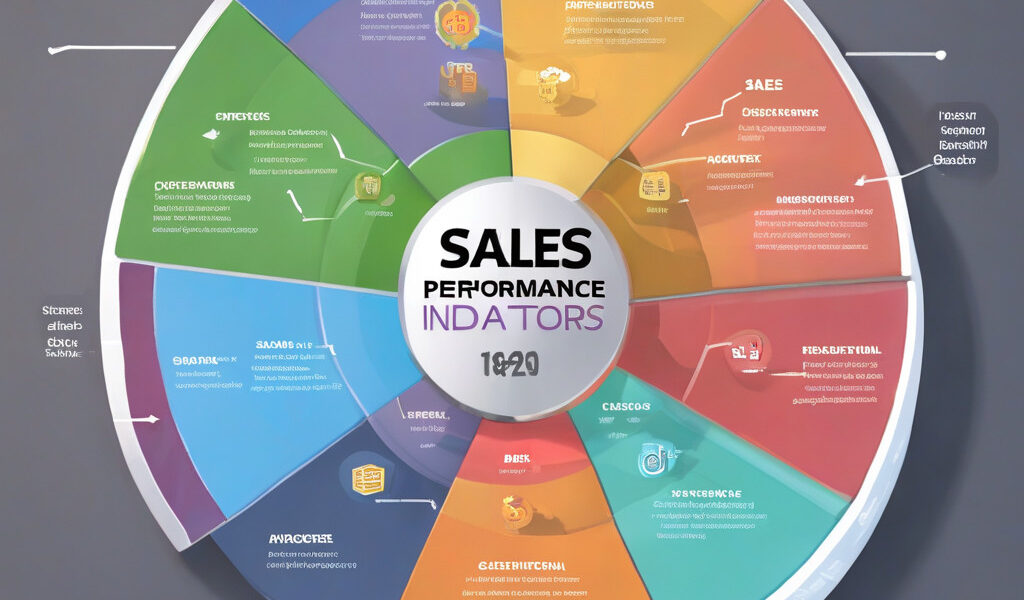Pivoting To Performance KPI Management Draws On Data
Pivoting To Performance KPI Management Draws On Data
In the realm of digital marketing and e-commerce, the ability to adapt and evolve is crucial for success. One such example of this is a Seoul-based company that made a strategic pivot in their approach to performance KPI management. By leveraging data-driven insights, this company was able to shift their focus towards a platform that not only tracked the progress of each agency they worked with but also meticulously measured the key performance indicators (KPIs) for their ad campaigns. This shift in strategy allowed them to accurately determine whether targets were being met and make informed decisions based on concrete data.
The decision to pivot towards performance KPI management was a game-changer for this company. Instead of relying on vague metrics or subjective assessments, they were now able to access real-time data that provided clear and actionable insights. By tracking KPIs such as click-through rates, conversion rates, and return on ad spend, they were able to gain a comprehensive understanding of the effectiveness of their marketing campaigns.
One of the key benefits of this pivot was the ability to identify areas for improvement in their campaigns. For example, by analyzing the data, the company discovered that a particular ad creative was underperforming compared to others. Armed with this information, they were able to make the necessary adjustments to optimize the campaign and improve its overall performance.
Moreover, the shift towards performance KPI management also had a positive impact on the company’s relationships with their partner agencies. By providing them with access to the platform and sharing relevant data insights, the company was able to foster a sense of transparency and collaboration. This not only strengthened their partnerships but also enabled the agencies to align their strategies more closely with the company’s objectives.
Furthermore, the data-driven approach to performance KPI management enabled the company to set more accurate and realistic targets for their campaigns. By analyzing past performance data and industry benchmarks, they were able to establish KPIs that were challenging yet achievable. This not only motivated their teams to strive for excellence but also ensured that their resources were allocated effectively to drive the best possible results.
In conclusion, the story of the Seoul-based company’s pivot towards performance KPI management is a testament to the power of data-driven decision-making in the digital marketing landscape. By drawing on data to track progress, measure KPIs, and make informed decisions, the company was able to optimize their campaigns, strengthen their partnerships, and drive better results. This case serves as a compelling example for other companies looking to enhance their performance measurement strategies and stay ahead in an increasingly competitive market.
#DigitalMarketing, #ECommerce, #PerformanceManagement, #DataAnalytics, #KPIs












